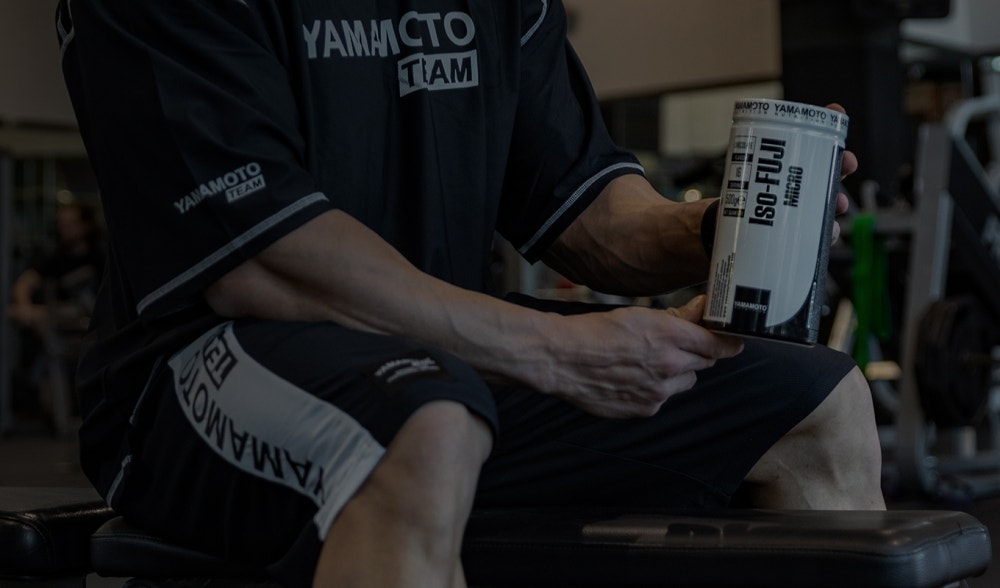If you are reading this article you are most likely interested in finding out what makes microencapsulated Protein different from all other protein sources on the market .
But let's go step by step.
Proteins and microencapsulation
 When we talk about protein supplementation, we usually refer to products and supplements based on food peptides, practical and certainly very useful for achieving protein requirements, especially when it is not possible with the diet alone to consume the necessary quantities of Protein ( and this often happens in the case of athletes and agonists who need high requirements for building muscle mass or fighting catabolism). Whey Protein in concentrated, isolated or hydrolyzed form are certainly among the most used .
When we talk about protein supplementation, we usually refer to products and supplements based on food peptides, practical and certainly very useful for achieving protein requirements, especially when it is not possible with the diet alone to consume the necessary quantities of Protein ( and this often happens in the case of athletes and agonists who need high requirements for building muscle mass or fighting catabolism). Whey Protein in concentrated, isolated or hydrolyzed form are certainly among the most used .
Microencapsulation , on the other hand, is a production technology that allows you to incorporate ingredients into tiny particles, surrounded by a coating to obtain small capsules with truly useful properties. The benefits related to microencapsulation range from the prevention of degradation of the active ingredients to the reduction of the frequency of use , up to the prolonged release in specific areas of the body of the active ingredient contained in the capsule. This technique is also able to reduce gastric irritation due to drug absorption and instead prolong the half-life and storage.of volatile substances, making its advantages indisputable.
The Yamamoto laboratories and R&D team, always attentive to innovation, have long since introduced MCU-20® microencapsulation in the production of food supplements, to ensure maximum assimilation: we have already explored this aspect in a dedicated article .
But why extend this process to the world of Protein?
The advantages of "microencapsulating a protein"
Thanks to Yamamoto's MCU-20® microencapsulation technology, even the elements defined as “poorly absorbed” can bypass enzymatic limits, providing the active ingredients with a protective and stable transport carrier, so that the particles can reach levels of unique bioavailability.
This advantage, which is really useful for the absorption of amino acids (usually characterized by low solubility and stability in water), may seem uninteresting for Protein, which are digested by different enzymes in order to be then absorbed as broken down amino acids.
In this case , microencapsulation allows us to produce Protein with sustained release dosage forms , with gradual release into the bloodstream and slower digestion . Normally the timing of bioavailability of an isolated whey protein is around 30-45 minutes: thanks to microencapsulation, the polypeptide chains are instead treated as slow-release Protein, gradually absorbed in the hours following ingestion and therefore able to keep the amino acidemia in the blood constant.
The choice of Yamamoto Nutrition
Combine the advantages of microencapsulation with the best isolated protein ever, to  obtain a unique product of its kind: Iso-FUJI® MICRO® Volactive® MCU-20®. This supplement features high solubility and stability, increased bioavailability and gradual release into the bloodstream, all combined with the quality of Volac Ultra Whey XP®, whey protein isolate with an average protein content of 90% and obtained from state-of-the-art ultrafiltration processes. These characteristics make it versatile and usable at different times of the day, allowing the constant maintenance of amino acid levels and 100% absorption of the active ingredients.
obtain a unique product of its kind: Iso-FUJI® MICRO® Volactive® MCU-20®. This supplement features high solubility and stability, increased bioavailability and gradual release into the bloodstream, all combined with the quality of Volac Ultra Whey XP®, whey protein isolate with an average protein content of 90% and obtained from state-of-the-art ultrafiltration processes. These characteristics make it versatile and usable at different times of the day, allowing the constant maintenance of amino acid levels and 100% absorption of the active ingredients.


Comments
Write a comment about the article